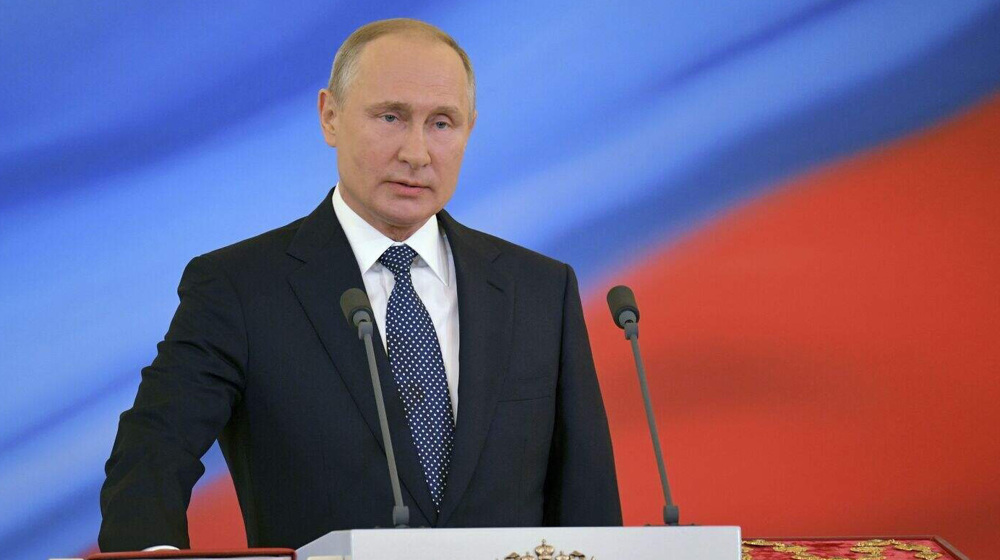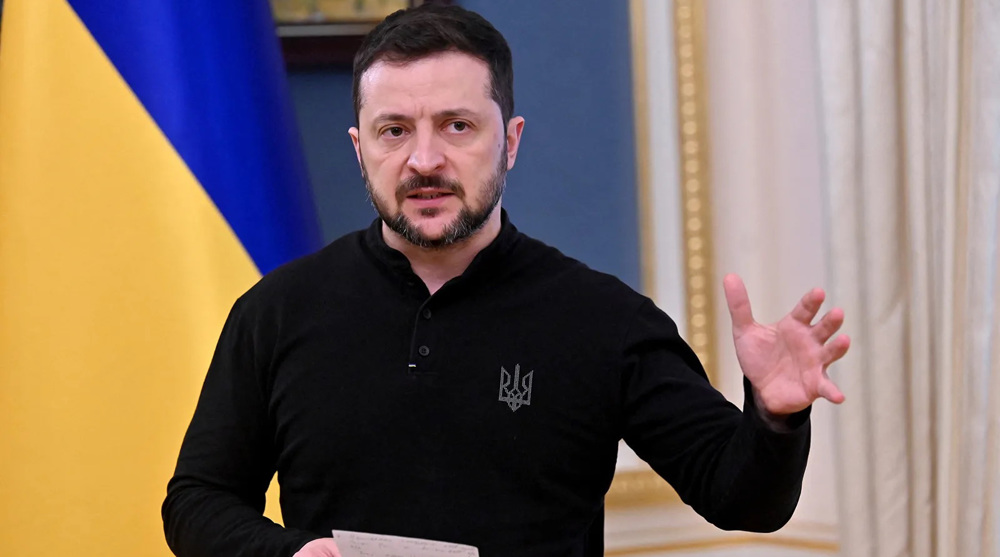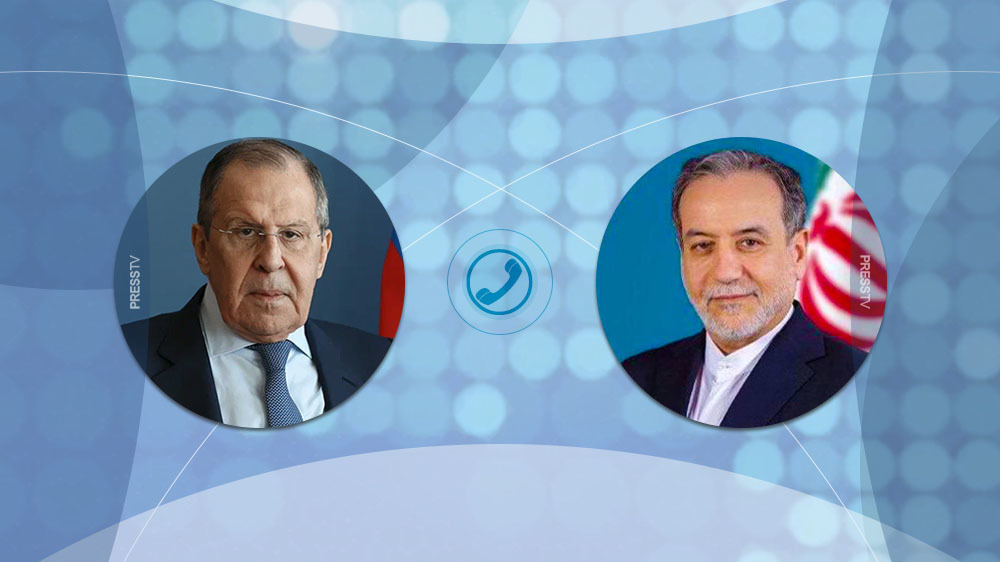Russia seeks to prevent Syria disintegration: Kremlin
The Kremlin has highlighted Russia’s commitments to Syria, saying it seeks to avert the war-stricken country's breakup and rid it of terrorists.
"We need to liberate and do everything possible to prevent the division of the country," Kremlin spokesman Dmitry Peskov said in an interview with the TV news program, dubbed “Vesti on Saturday”.
Earlier this month, Russia's upper house of the parliament approved an agreement with the Syrian government that allows the Russian Air Force to stay indefinitely in Syria.
The accord, which was signed in Damascus last August, permits the Russian Air Force to be stationed at Hmeimim Air Base in Syria’s coastal province of Latakia.
"A temporary base is not a goal, it's a means to achieve the goal that was declared by the president - to help legitimate Syrian authorities in their fight with ISIS (Daesh) and other terrorist organizations. The Syrian territory must be liberated," Peskov added.
The official, however, said that he did not see an end to the conflict in Syria in the foreseeable future, noting that “the world community still has very long and hard work ahead.”
Since March 2011, Syria has been hit by militancy it blames on some Western states and their regional allies. Russia has been conducting air raids against Daesh and other terrorist outfits in the Middle Eastern country at the Damascus government’s request for more than a year now.
Aleppo still battered
Meanwhile, Moscow has extended a humanitarian pause in Syria’s northwestern city of Aleppo until 1600 GMT on Saturday.

The unilateral ceasefire, which began on Thursday morning, is largely holding.
However, hundreds of wounded civilians were stranded on Saturday, with the UN saying that security concerns had prevented evacuation of convoys.
"Medical evacuations of sick and injured could unfortunately not begin this morning as planned because the necessary conditions were not in place," said the UN Syria humanitarian adviser, Jan Egeland.
Aleppo has been the frontline of Syria’s fight against different Takfiri militant groups occupying the city’s eastern flanks.
The engineering feat behind Iran’s record gas output
VIDEO | Press TV's news headlines
Freedom of speech, right to protest under assault in UK
Border guards seize cache of weapons, ammunition near Iran-Afghanistan border
Grok to power classified programs as Musk's xAI secures deal with Pentagon
Iraqi FM tells US envoy: Government formation ‘internal matter’
Israel killed Gaza aid workers in ‘execution style’ massacre in 2025: Report
Participation shrinks at Israeli arms expo in wake of Gaza genocide: Report















 This makes it easy to access the Press TV website
This makes it easy to access the Press TV website